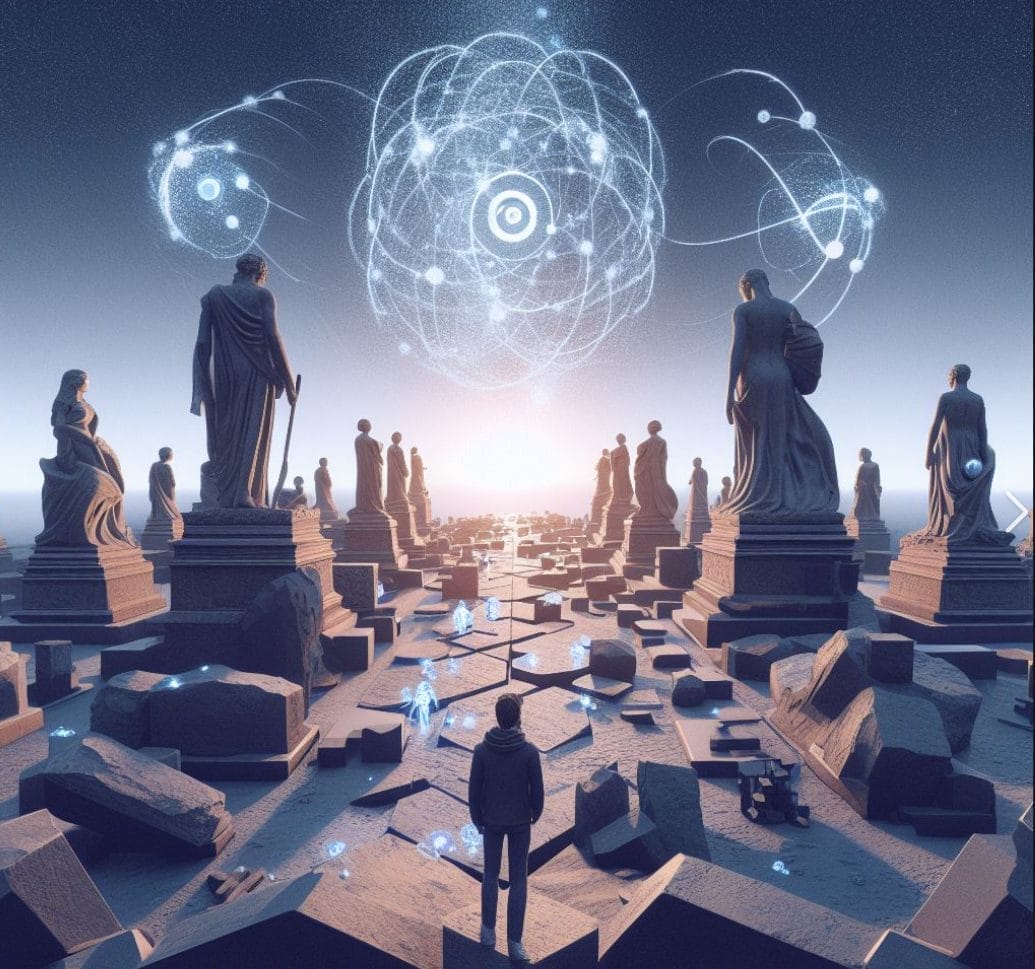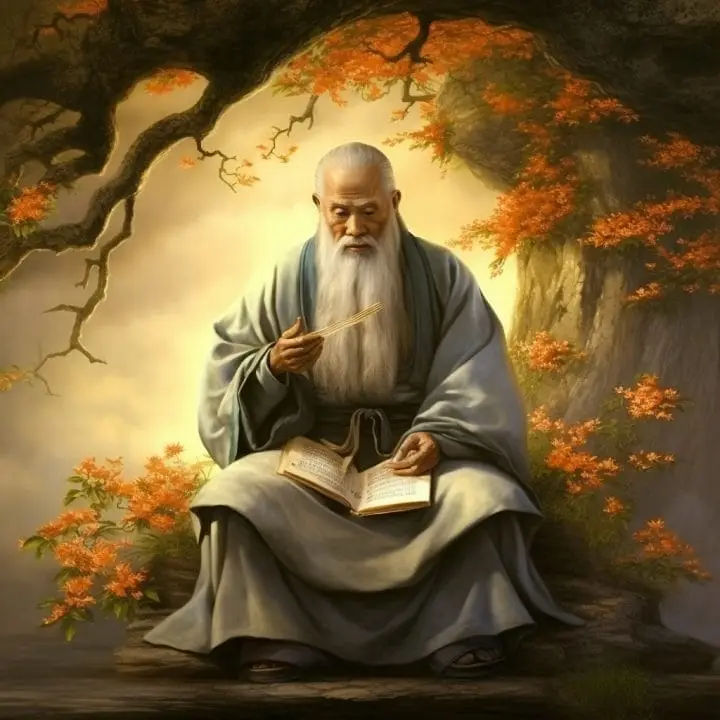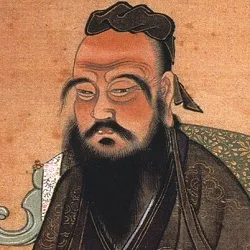- RESEARCHDistance Learning at AIU is enhanced by vast academic resources and innovative technologies build into the Virtual Campus: Hundreds of self-paced courses with video lectures and step by step lessons, thousands of optional assignments, 140,000 e-books, the Social Media & Networking platform allowing collaboration/chat/communications between students, and MYAIU develop students holistically in 11 areas beyond just academics.
- PROGRAMS OFFERED
- Areas of Study
- Courses and Curriculum
- Open Courses
- Register for a Program
- Associate Program
- Associate in Addiction Counseling
- Associate in Agriculture Food And Resources
- Associate in Anti Terrorism Security
- Associate in Behavior Analysis In Special Education
- Associate in Bioethics
- Associate in Climatology
- Associate in Cultural Theological Communication
- Associate in Culinary Arts
- Associate in Ecotechnology
- View all Associates Programs
- Bachelor Program
- Bachelors in Community Development
- Bachelors in Environmental Science
- Bachelor in Education (B.Ed, BS)
- Bachelors in Economics
- Bachelors in Entrepreneurship
- Bachelors in Financial Administration
- Bachelors in Human Resource Management
- Bachelors in Linguistics
- Bachelors in Nutritional Science
- Bachelors in Occupational Health and Safety
- Bachelors in Psychology
- View all Bachelor Programs
- Doctorate Program
- Doctor | of Biology (PhD)
- Doctorate in Business Administration (DBA, PhD)
- Doctor of Economics (PhD)
- Doctor of Electrical Engineering (D.Sc, PhD)
- Doctor of Finance (PhD)
- Doctorate in International Relations
- Doctorate in Information Technology (D.Sc)
- Doctor of Legal Studies (PhD)
- Doctor of Project Management (PhD)
- Doctor of Sociology (PhD, D.Sc)
- Doctorate in Sustainable Natural Resources Management
- View all Doctorate Programs
- Master Program
- Postdoctoral Program
- Postdoctoral in Animal Science
- Postdoctoral in Anti Terrorism Security
- Postdoctoral in Behavior Analysis In Special Education
- Postdoctoral in Bioethics
- Postdoctoral in Blockchain Technology and Digital Currency
- Postdoctoral in Business Management
- Postdoctoral in Cloud Computing
- Postdoctoral in Computer Engineering
- View all Postdoctoral Programs
AIU offers a wide range of majors in areas including the Arts, Business, Science, Technology, Social, and Human studies. More than 120 degrees and programs are available for adult learners at the associate’s, bachelor’s, master’s, doctoral and postdoctoral level. - VIRTUAL CAMPUS
Distance Learning at AIU is enhanced by vast academic resources and innovative technologies build into the Virtual Campus: Hundreds of self-paced courses with video lectures and step by step lessons, thousands of optional assignments, 140,000 e-books, the Social Media & Networking platform allowing collaboration/chat/communications between students, and MYAIU develop students holistically in 11 areas beyond just academics.
- ALUMNI
The world is YOUR campus!”, that is the message of AIU’s month magazine Campus Mundi. Hear the voices and see the faces that make up AIU. Campus Mundi brings the world of AIU to you every months with inspirational stories, news and achievements by AIU members from around the world (students and staff are located in over 200 countries).
Quantum Immortality: Exploring the Boundaries of Life and Consciousness

How might the concept of quantum immortality change your perception of life and death?
Can exploring theories like quantum immortality influence your understanding of consciousness and personal identity?
How does the idea of multiple realities affect your view on the choices and decisions you make in your life?
Explore the Boundaries of Life and Consciousness and share your thoughts with the community.
(Login to your student section to access the AIU Additional Resources Library.)
Quantum Immortality: Exploring the Boundaries of Life and Consciousness
In the realm of theoretical physics, the concept of quantum immortality presents a fascinating, albeit controversial, perspective on the nature of life, death, and consciousness. Originating from thought experiments in the late 20th century, this idea challenges our understanding of mortality by suggesting that, through the principles of quantum mechanics, consciousness could potentially survive in alternate realities or parallel universes. This article explores the concept of quantum immortality, its origins, the scientific interpretations that support it, and the implications it may have on our understanding of life and existence.

Source: www.meer.com
The Origins of Quantum Immortality
The idea of quantum immortality first emerged from the mind of physicist and cosmologist Max Tegmark in the late 1980s. Building on the foundations of quantum mechanics, Tegmark proposed that an individual’s consciousness might not end with the physical death of the body but could instead transition to a different timeline or parallel universe where the individual continues to live.
This concept is deeply rooted in the Many-Worlds Interpretation (MWI) of quantum mechanics, introduced by American physicist Hugh Everett in 1957. According to the MWI, every quantum event results in the creation of multiple parallel universes, each representing a different possible outcome of that event. In this framework, when a person faces a life-threatening event, such as a fatal accident, the MWI suggests that while the person may die in one universe, there could be another universe where they survive.
Tegmark’s quantum immortality theory builds on this idea, proposing that human consciousness could seamlessly shift from one universe to another upon death, effectively allowing the individual to continue living in a parallel reality. This means that, in theory, an individual could experience multiple deaths across different timelines but never actually experience the cessation of consciousness.
The Many-Worlds Interpretation and Quantum Mechanics
To better understand quantum immortality, it’s essential to delve into the quantum mechanics that underpin the theory. The Copenhagen Interpretation, formulated by physicists Werner Heisenberg and Niels Bohr, was one of the earliest explanations of quantum mechanics. It suggests that particles, such as photons, can exist in multiple states simultaneously, and only when observed do these particles “collapse” into a single state.
The Many-Worlds Interpretation (MWI) challenges the Copenhagen Interpretation by arguing that instead of collapsing into one state, all possible states of a quantum event occur in separate, parallel universes. This interpretation has far-reaching implications, suggesting that every decision, every event, and every possible outcome spawns a new universe where each scenario plays out.
For instance, consider a simple decision, such as entering a store. According to the MWI, there exists one universe where you enter the store and another where you do not. As you make more decisions—whether to buy something, what to buy, etc.—each action creates further branching universes. Theoretically, this could lead to an infinite number of parallel universes, each slightly different from the others.

Source: Created by DALL-E 3
The Concept of Quantum Immortality
Quantum immortality takes the MWI a step further by applying it to human consciousness and mortality. In this context, when an individual dies in one universe, their consciousness could shift to a parallel universe where they survive the life-threatening event. This shift could happen repeatedly, allowing the individual to experience an unending sequence of lives across different universes.
This idea has generated significant debate among physicists and philosophers alike. On one hand, it provides a speculative explanation for the continuation of consciousness after death. On the other hand, it raises complex questions about the nature of identity, the self, and what it truly means to be “alive.”

Source: juneva
Can Quantum Immortality Lead to True Immortality?
While quantum immortality presents a compelling thought experiment, it is crucial to recognize its limitations. Firstly, the theory remains speculative, with no empirical evidence to support the idea that consciousness can transfer between parallel universes. Additionally, even if consciousness could continue in this manner, it does not address the biological and physical processes of aging, decay, and disease.
Quantum immortality might suggest that an individual could avoid immediate death in certain scenarios, but it does not offer a solution to the gradual deterioration of the body. Eventually, in every universe, physical decline would occur, potentially leading to a situation where survival is no longer possible, even across multiple realities.
Moreover, the psychological and existential implications of quantum immortality are profound. If consciousness continues to shift to different universes upon death, the individual might eventually find themselves in increasingly improbable or even unbearable circumstances. The quality of life in these scenarios remains uncertain, raising questions about the desirability of such a form of immortality.
The Ethical and Philosophical Implications
The concept of quantum immortality also raises significant ethical and philosophical questions. If every possible outcome of an event occurs in some universe, does this diminish the value of individual choices? Does the existence of parallel universes with varying versions of ourselves challenge our understanding of personal responsibility and morality?
Furthermore, the idea of quantum immortality may lead some to question the nature of death itself. If death is merely a transition to another universe, how does this affect our approach to life, grief, and the meaning we assign to our existence?
Conclusion: A Theoretical Exploration of Life and Consciousness
Quantum immortality, while an intriguing concept, remains firmly in the realm of theoretical physics and philosophy. It challenges our understanding of life, death, and consciousness by proposing that human existence might continue in parallel universes after physical death. However, it is essential to approach this idea with a critical mind, recognizing its speculative nature and the lack of empirical evidence.
For students and scholars at Atlantic International University, exploring topics like quantum immortality encourages critical thinking, philosophical inquiry, and a deeper understanding of the mysteries of existence. It invites us to question what we know and to push the boundaries of our knowledge, all while contributing to the common good and leaving a lasting legacy.
Also, you can learn more about this topic in AIU’s, wide range of recorded classes that cover various subjects of interest and that can be very useful to expand your knowledge. If this topic interests you, you can explore related live classes. Our extensive online library is also home to a wealth of knowledge, comprised of miles of e-books, serving as a valuable supplemental resource.

If you are interested in delving deeper into topics related to quantum mechanics, consciousness, and the nature of existence, consider exploring AIU’s programs in physics, philosophy, and related fields. These programs offer the opportunity to engage with cutting-edge research and develop the skills needed to contribute to these ongoing debates.
Quantum Immortality and the Many Lives of Schrödinger’s Cat.
Quantum Anthropology: Man, Cultures, and Groups in a Quantum Perspective
Quantum Adventure, The: Does God Play Dice?
The Quantum Story: A History in 40 Moments
Quantum Enigma: Physics Encounters Consciousness
Quantum Physics: Illusion or Reality?
Quantum Immortality: Can Humans Achieve Eternal Life in Many Worlds?
One Quantum Theory Hypothesizes About Retrocausality Where the Future Might Be Influencing the Past
Physical Theory Explains How Time is Non-Existent, Irrelevant to Our Lives
Our immortal existence through Quantum suicide
Reminder to our Dear Students,
Please ensure you are logged in as a student on the AIU platform and logged into the AIU Online
Library before accessing course links. This step is crucial for uninterrupted access to your learning
resources.
AIU Success Stories







Contact Us Today!
Begin Your Journey!
AIU’s Summer of Innovation and Growth gives you the ability to earn up to $5000 in tuition credit by completing free lessons and courses.
Whether you’re looking to acquire new skills, advance your career, or simply explore new interests, AIU is your gateway to a world of opportunities. With free access to 3400 lessons and hundreds of courses the ability to earn credits and earn certificates there’s no better time to start learning.
Join us today as a Guest Student and take the first step towards a brighter, more empowered future.
Explore. Learn. Achieve.

Contact Us
Atlantic International University
900 Fort Street Mall 905 Honolulu, HI 96813 info@aiu.edu
Quick Links
Home | Online Courses | Available Courses | Virtual Campus | Career Center | Available Positions | Ask Career Coach | The Job Interview | Resume Writing | Accreditation | Areas of Study | Bachelor Degree Programs | Masters Degree Programs | Doctoral Degree Programs | Course & Curriculum | Human Rights | Online Library | Representations | Student Publication | Sponsors | General Information | Mission & Vision | School of Business and Economics | School of Science and Engineering | School of Social and Human Studies | Media Center | Admission Requirements | Apply Online | Tuition | Faculty & Staff | Distance Learning Overview | Student Testimonials | AIU Blogs | Register for Program | Privacy Policy | FAQ



















